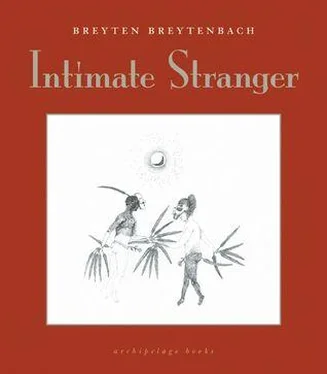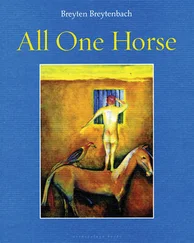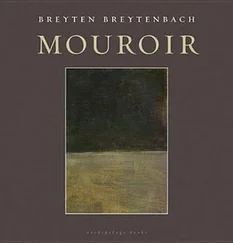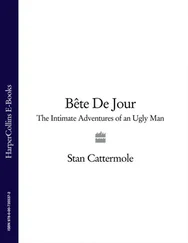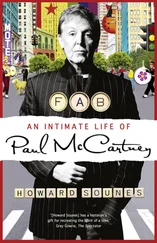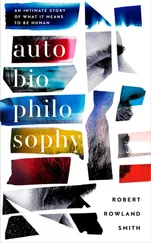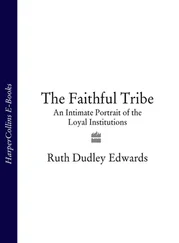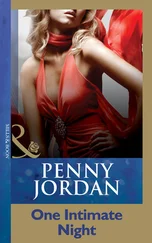In this context we’d then look at the nature of the poet, how writing is a means to inventing the self — even as that first person singular whom we sometimes meet and grimace at in the mirror. “This seeing eye sees itself blind.” (Derrida) We look at the (dangerous) ways in which the line defines, calls forth, confines the future. We try to observe the poet as shaman, healer, historian, magician, agent of transformation, chameleon. We encounter the poet as outlaw and as terrorist.
We move forward.
Only the Tao (tracing /uncovering /writing /walking the flow) can obviate or wipe out the Dharma (the Law, Teaching).
Writing is fishing for memory in time. Viscous. Time black. Sometimes you see it flitting just below surface — memory — miming time. Memory takes on the blackness of time. Memory will be time surfacing. Use word as bait. Beat the water. Beat the weird beat of baited words. Boated. Wounds. The bleeding words like wounded boats on a black sea. Let the fleet wash up. The coast is the beginning of the sea’s wisdom. It comes with the territory.
Words have their own territory, they return home as in a song. The fish only discovers the water once it is removed from it. This land a memotory.
But not peaceful. Memory as trigger for territory and tongue. The mind is full of bloody pieces staked out by tongue. Is there room enough? Memory killing memory.
Vicious. Terrortory. Territory comes from terre just as memory flows from mère .
And the sea. Sea is the beginning of the metamorphosis of the coast.
Let slip. It will all come out in the red wash of remembering. Invent roominess. Invent, vent, wind. Wind winding up mind with bated words.
Mind is dream coming home. Coming to mind. Mindcoming. Mindcome all over page. Mind coming to mind, minding itself and mending, muttering matter.
Book the writing. Make of book a dormitory full of time water. A dreamotory.
Wisdom of vices, virgins and vixens. The bloated bumping of drowned bodies just below the purpose. Terrier smelling fox barking at porpoises populating the Middle World just beyond moon. Shitty sheet. Copulating corpses.
Just over the lip.
Enough of that! Write to the truth! But writing is not truth. Or is it? Does it make any sense to put the two, writing and truth, in opposition? What is truth? I have never quite understood why there should be this quest for absolute truth. Surely we know that we will never ‘know’ fully? We live in the flame of the consumption of our ignorance. We know — we can experience — a beginning and an end, and yet know nothing of before or after. ‘Truth,’ for me, I’d equate with satisfaction, a deep experience of beauty, a physical and mental well-being.
This needs to be teased out some more. What is it that brings satisfaction? Is it the contentment of understanding or accepting that there’s nothing to understand? The peace that comes after a job well done? Why is it important that a job should be well done? Is this a cultural reflex? And why and how do I experience beauty? Was this taught to me? Are there certain forms and manifestations of beauty that will be experienced alike by all humans whatever their conditioning? Surely there must be a number of inherent characteristics, ‘presences’ that we are sensitive to, that will provoke similar reactions wherever we may be?
Harmony I’d say is one. Balance may be a clearer approach: the experience (and the acceptance) of coming and going, ups and downs, light and dark, cycles beyond good and bad. Shape may be one such satisfaction-giving ‘presence,’ because it helps me to situate myself and thus promote consciousness. Pattern too (and of course the breaks), because it reminds me that there is on-going, there is resonance — we sometimes incestuously confuse these with ‘sense.’ Texture must be another: the joy of the feel, the pleasure of experiencing the state of being alive.
Will that be ‘truth’ then — accepting (knowing) that you don’t understand, that you’re only part of an ongoing process, that there is no good or evil or reason, no origin and no finality, no final form and no definitive content, and then the superb pleasure of experiencing being ?
Writing is neither an explanation nor an expiation of our condition. Should it try to convey ‘certainties’ it would be like weighing our food down with stones. Writing is an extrapolation of the reality of not-knowing — some would say an excommunication thereof! It is a reflection (and a refraction) of being, of becoming, of consuming, of a process. It is the preening of wings with which we will not fly. (This does not mean that we cannot fly. .) It constitutes the weaving of the skin of being which will carry the signs and the stigmata of our ‘truth’ of inconclusiveness.
We inscribe ourselves in a text in progress since all time. We pick up tunes and try to carry the rhythm. We chime with the ancestors. Kafka, in a letter to Max Brod: “Kleist breathes in me like an old pig’s bladder.” (Important then, not to be kicked around or to burst inadvertently.)
Maybe I prefer writing — the ongoing un-search with its innate impulse toward manifestation, and its own laws (due to its nature and origin and history), the knocking against the tomb’s walls — maybe I prefer this knocking about to a scratching around for truth because I sense that the latter will be final and fatal, a full stop, le point mort . Who says one has any choice in the matter? Perhaps one should just feign truth the way a politician would, and live as if you knew that life was worth living. Perhaps the fantasy (and the fancy) of who and what we think we are is just the fleshing out of the reality of what we already and since always have been. “Reality is frighteningly superior to all fiction. All you need is the genius to know how to interpret it” (Antonin Artaud). Still, part of the joy of writing beyond interpretation must surely be the possibility (or the illusion) of passing into ‘the other world’, of writing oneself into the extinction of reality.
In Poble Gran there’s a Museum of the Cinema, an interior consisting of mirrors and thus, curiously, without walls. The limitless enclosure. On a partition I saw this note: “The mirror reflects the human mask, it creates a new awareness of identity and leads to vanity, but it also provides a link between truth and appearance, awakening our desire for an unreal world.” From one room to another illusory space, as in a labyrinth, we come upon the dream-making machines, camera obscura or camera lucida , lenses and projections and animations that man invented to fool the illusion of reality. Deeper inside the museum there is an exhibition of texts and photos from a movie shot on the Costa Brava during the early fifties: Ava Gardner — luminous and tall and shapely and American — and opposite her Mario Cabré the poet bullfighter, his back braced and his hair oiled down, his eyes flashing the pride of the poor hidalgo. The way they looked at one another was a lark’s mirror neither of them could resist. In a glass case you can see the volume of poems he wrote for her. Frank Sinatra had to fly in to protect his relationship with Ms Gardner — a photo shows his fashionable wide pants, the florid tie, the cigarette dangling nonchalantly, the scowl on his face. Perhaps he lured her back ‘home’ to Hollywood with whisky and money and tinsel fame. She wouldn’t have lasted here. Her mother-in-law would have been dressed in black; sooner or later her lover would have been gored in a ring flooded and blinded by light, blood as a fountain of red carnations flowering from his groin.
Читать дальше
